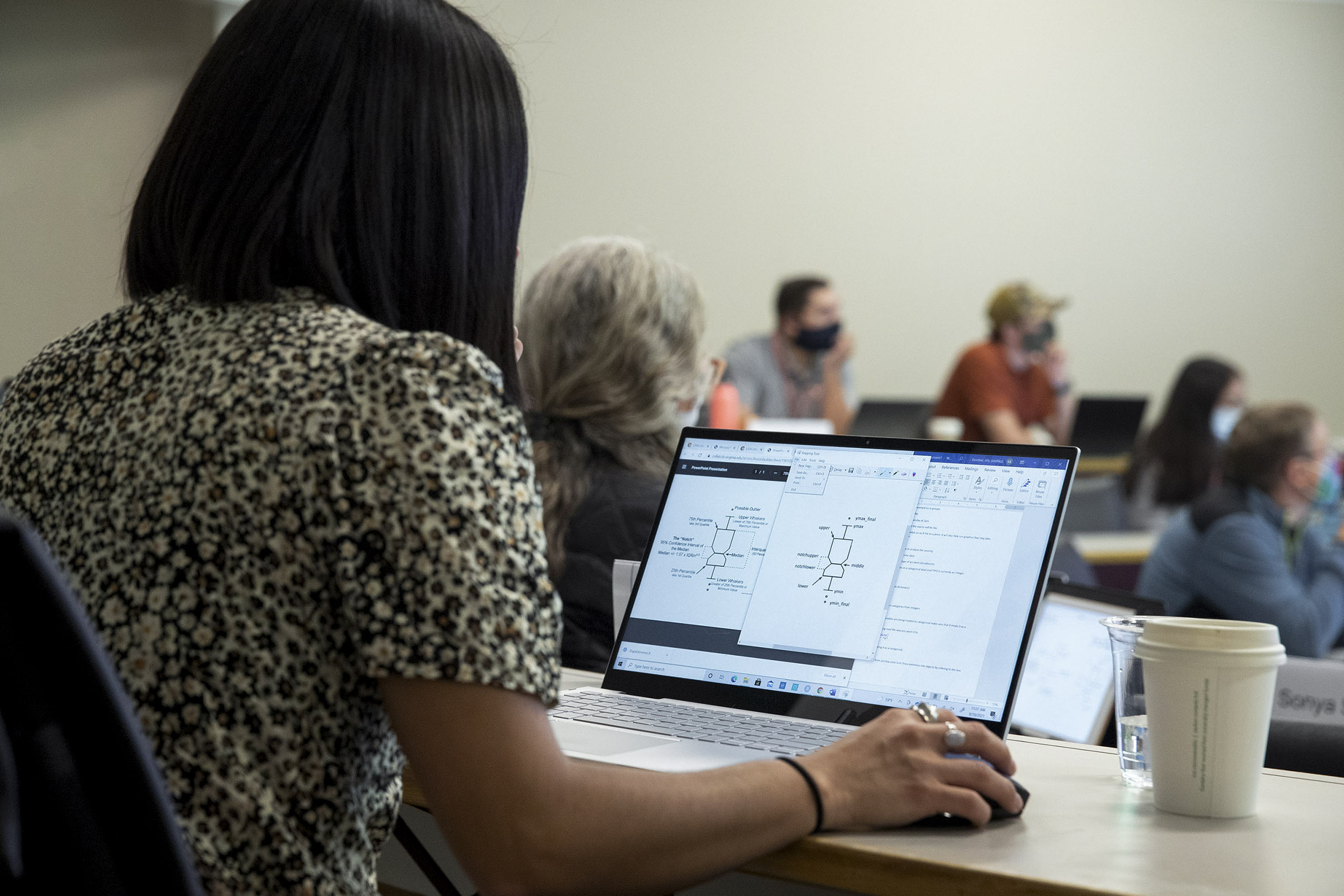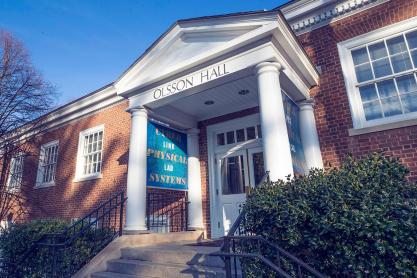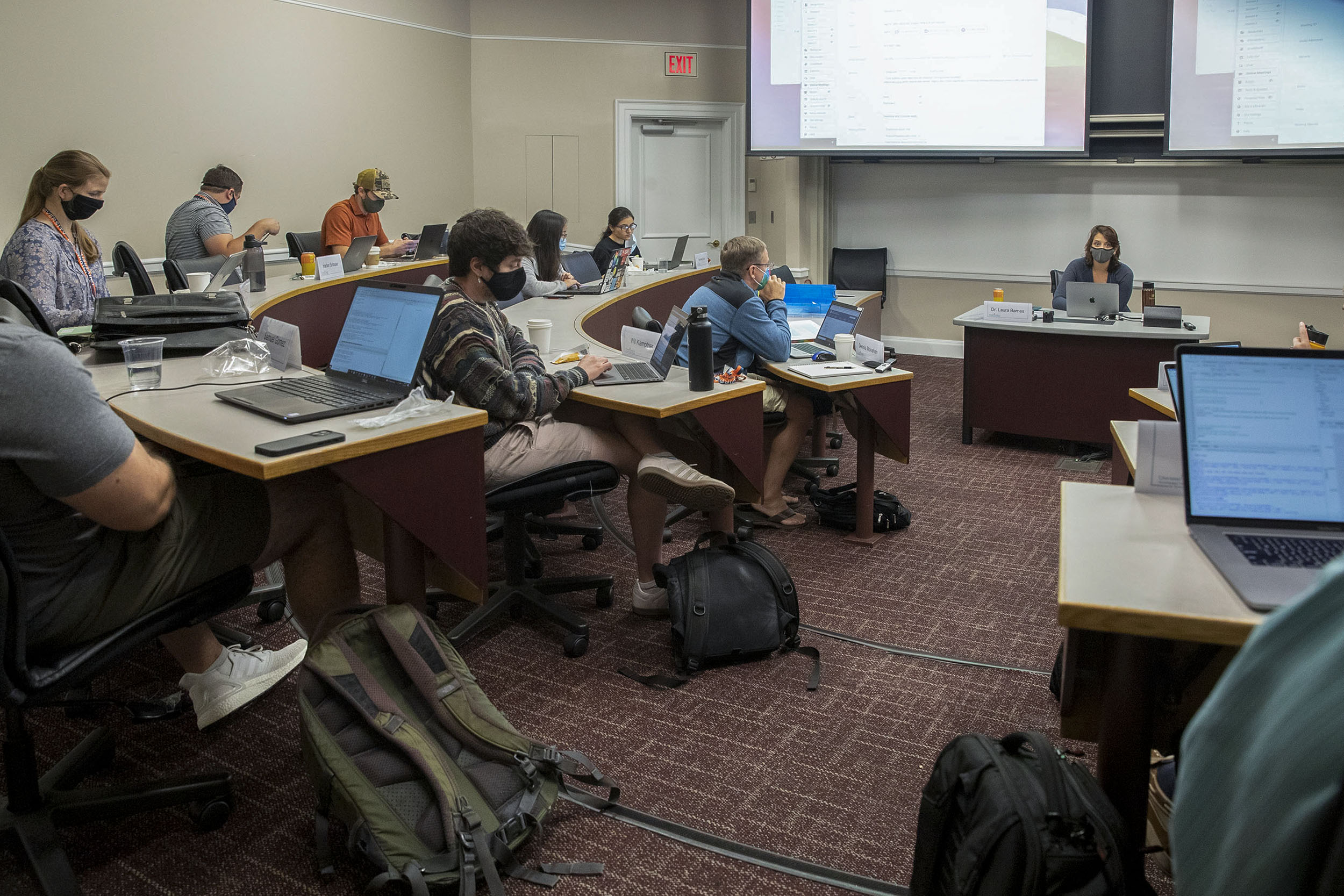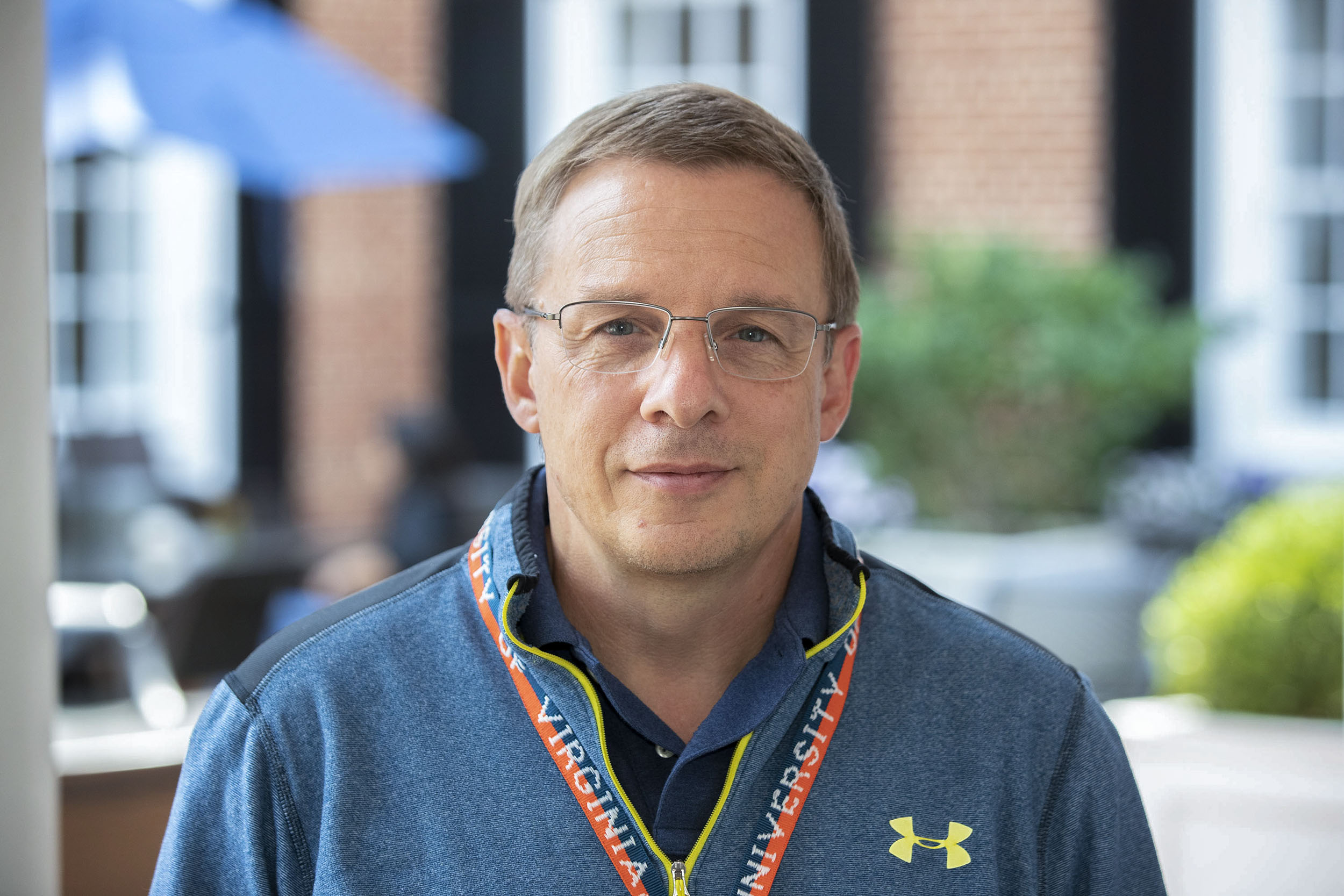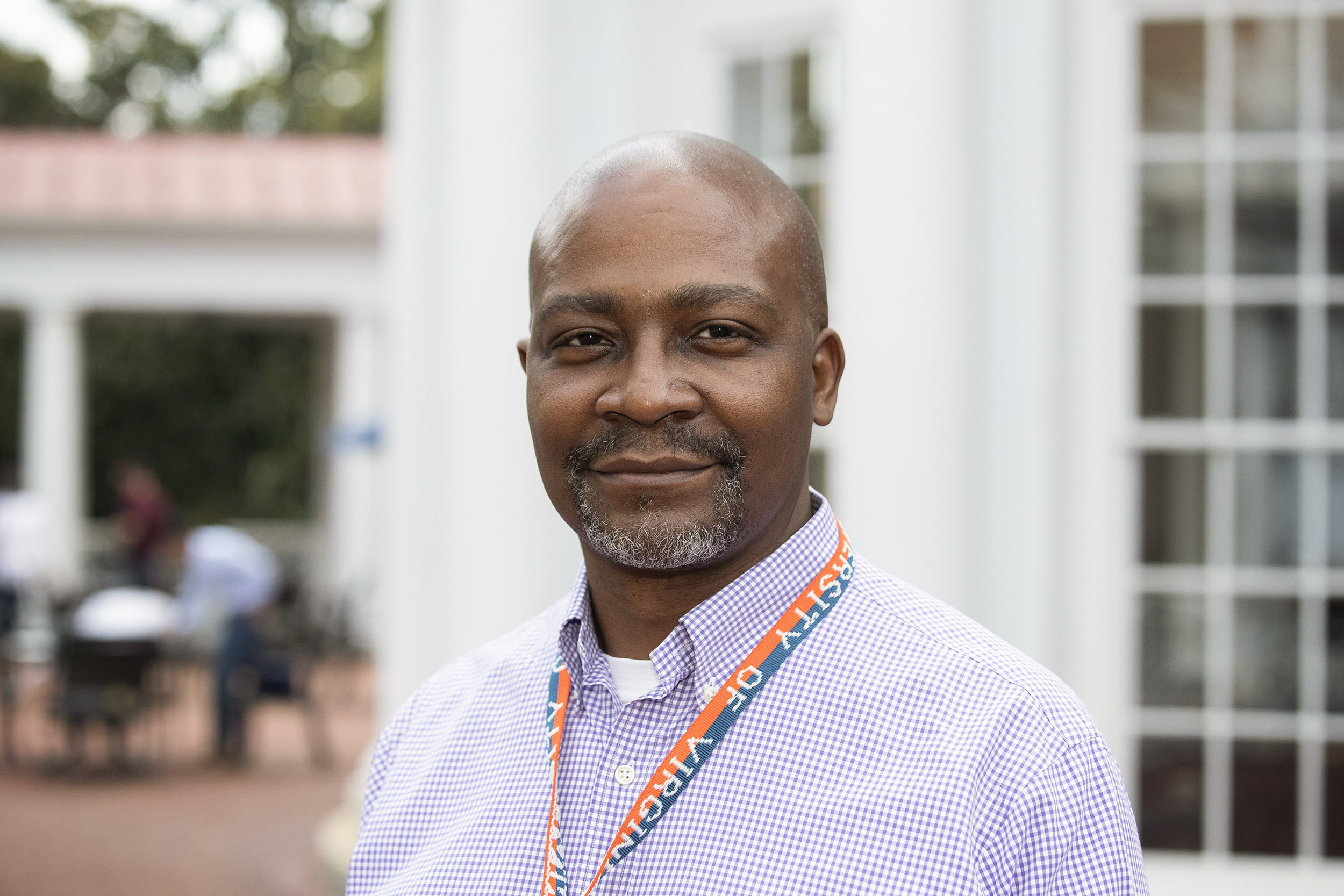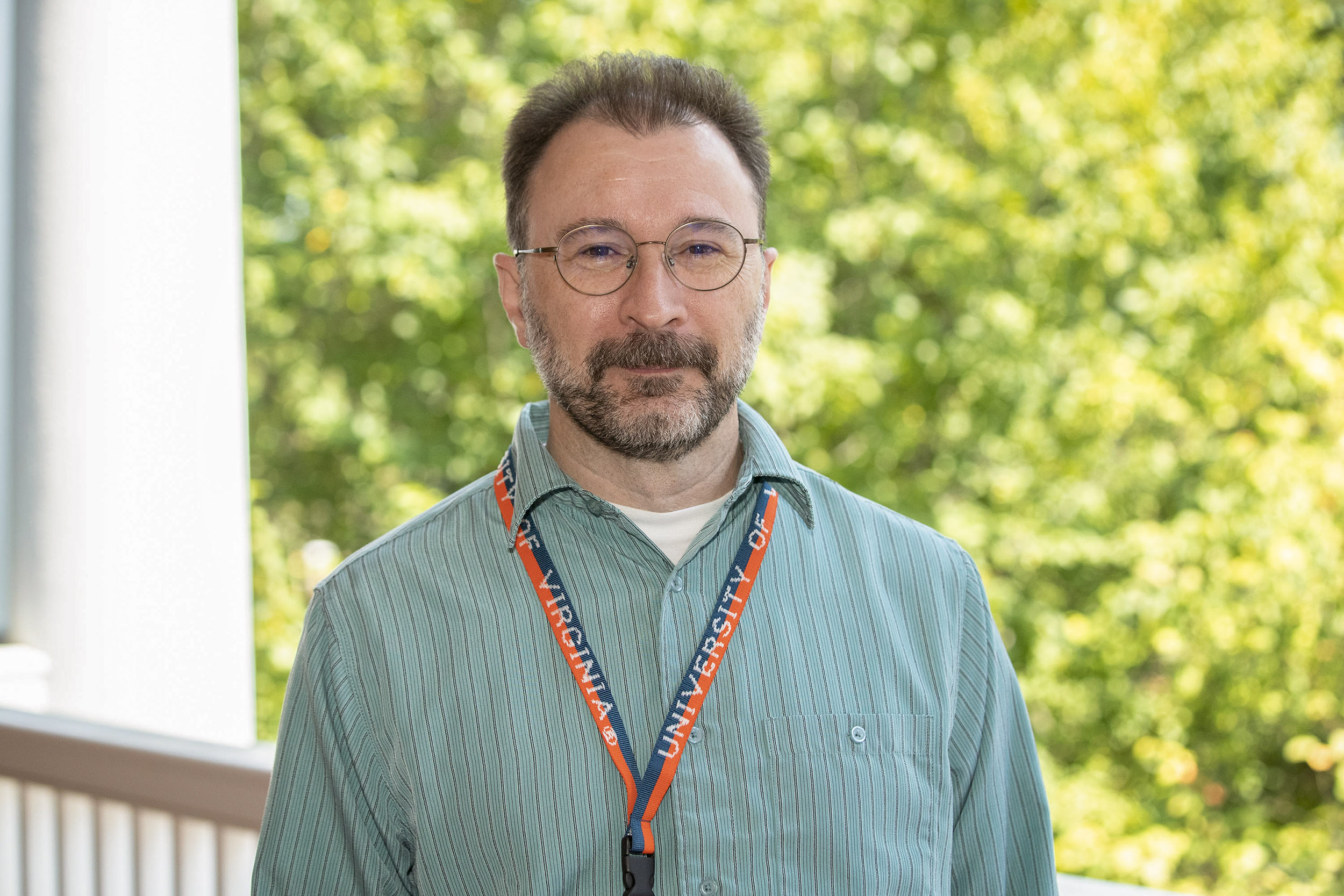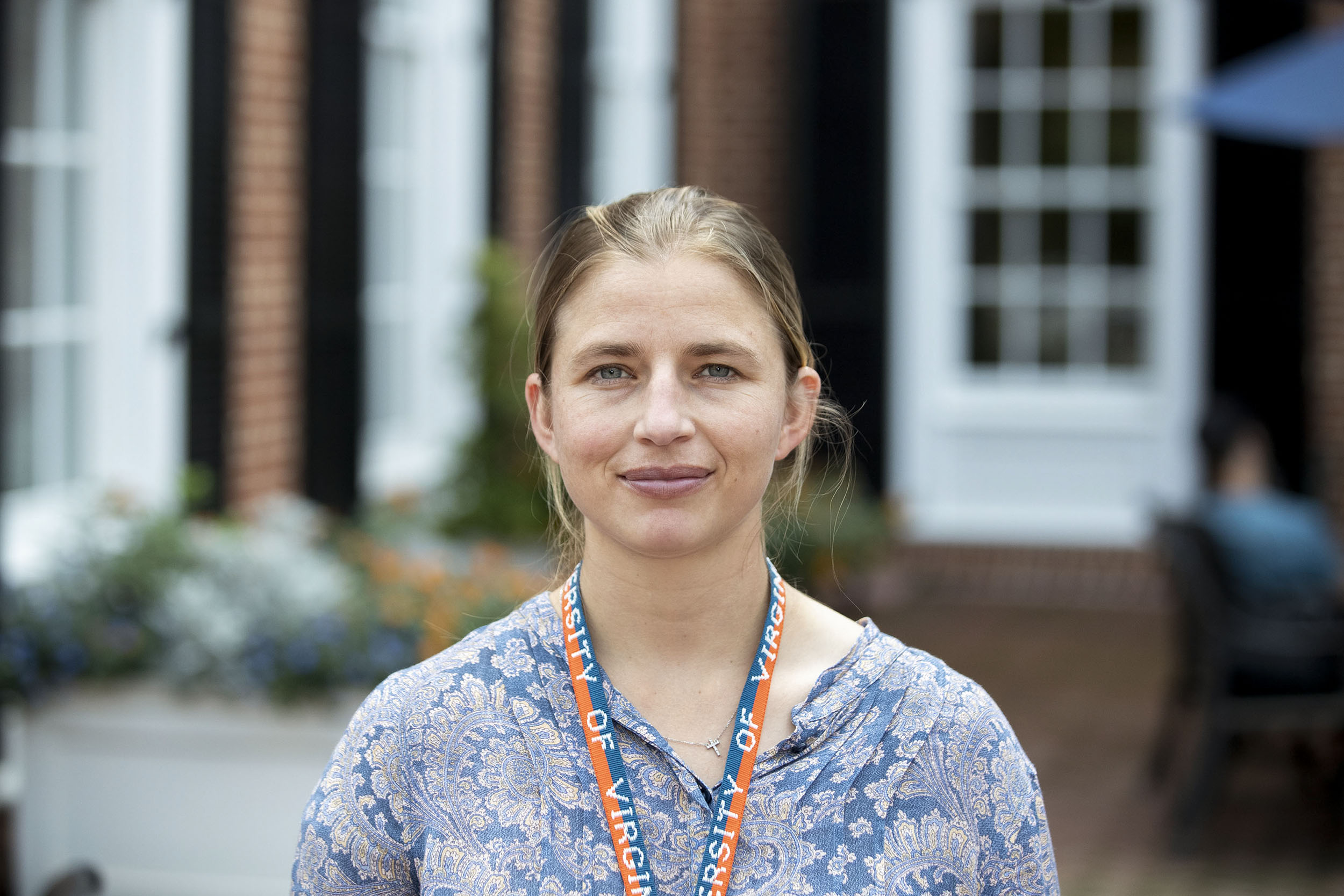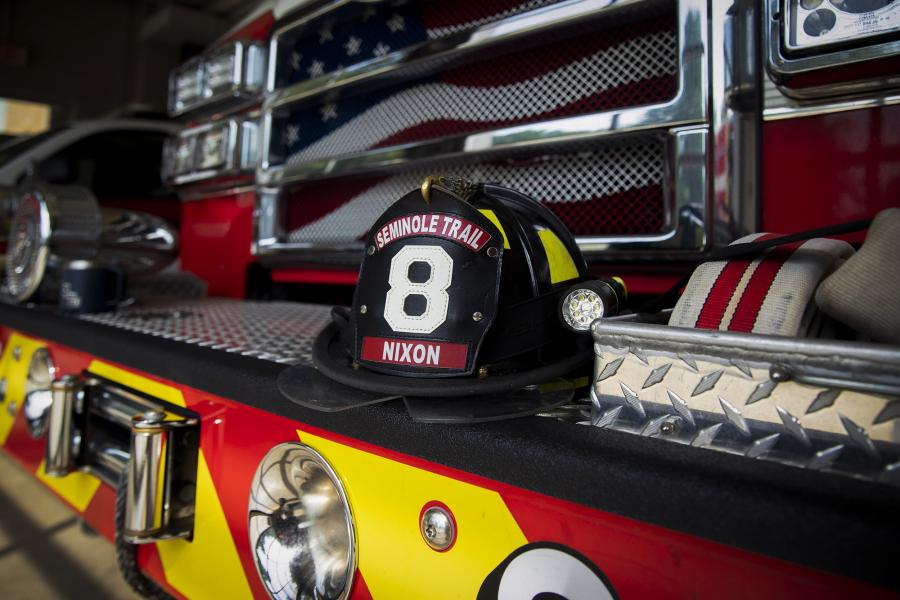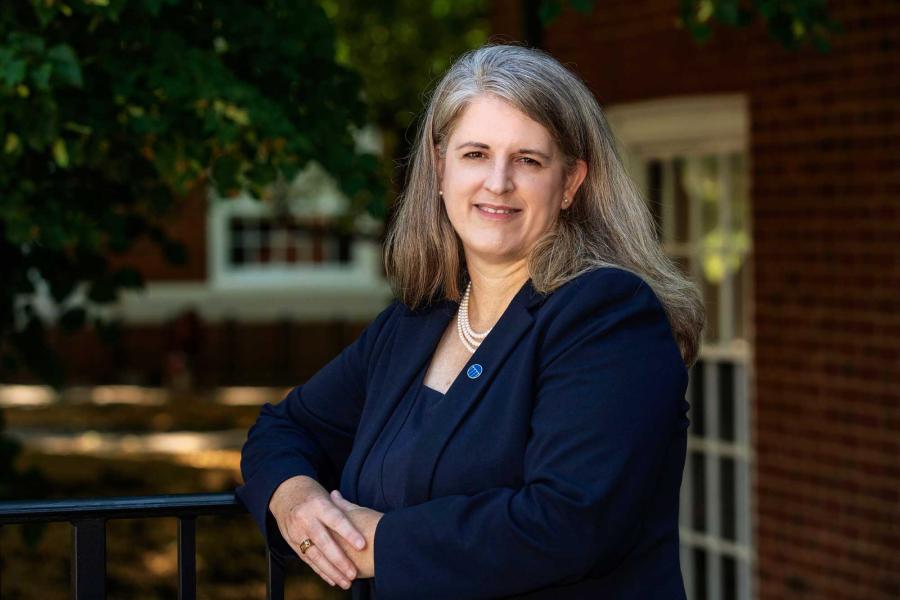It’s a master’s program for people who have other things to do with their lives.
The University of Virginia’s one-year Accelerated Master’s Program in Systems Engineering attracts a busy clientele – people who want to continue working, but who can devote two intensive days every other week to earning a degree.
“The goal is to offer an option for working professionals, because it is becoming harder and harder for professionals to take a year or two out to earn a degree through the traditional classroom approach,” said the program’s director, William T. Scherer, a professor in the Department of Engineering Systems and Environment. “This program, begun 21 years ago with more than 600 alumni, gives individuals an option for completing a valuable degree program while attending classes, but just on weekends. The vast majority of people taking this are working full-time.”
The program is structured with two weeks of intensive classes on Grounds – one at the beginning of the year in May, and one at the end in April. The group takes 10 courses a year, two at a time, about 10 weeks each, with classes every other Friday and Saturday. The entire cohort takes the same courses and works together. While the program is based in the School of Engineering and Applied Science, the classes are held at the Darden School of Business, with several Darden faculty participating.
To accommodate the COVID-19 pandemic, the program went virtual for more than a year. It started this year online, but has now returned to in-person classes.
“What we do the whole time is group work. Whenever I talk to prospective students, I tell them the program is not competitive, it is collaborative,” said Valerie Michel, a 2017 AMP alumna and current UVA Ph.D. candidate. “If everyone earns an ‘A,’ then everyone gets an ‘A.’”
